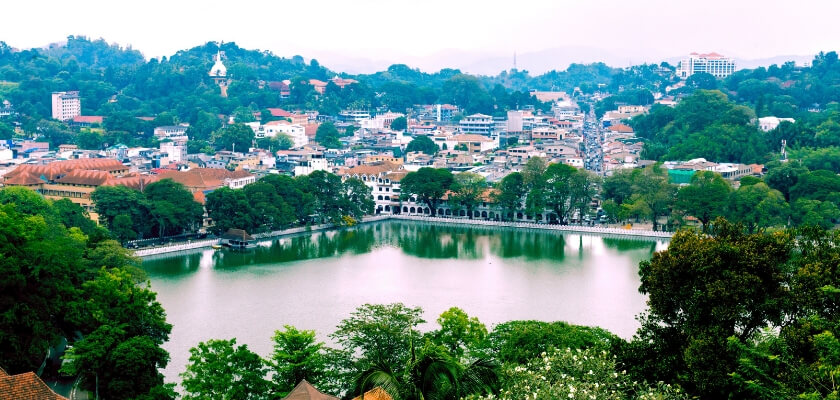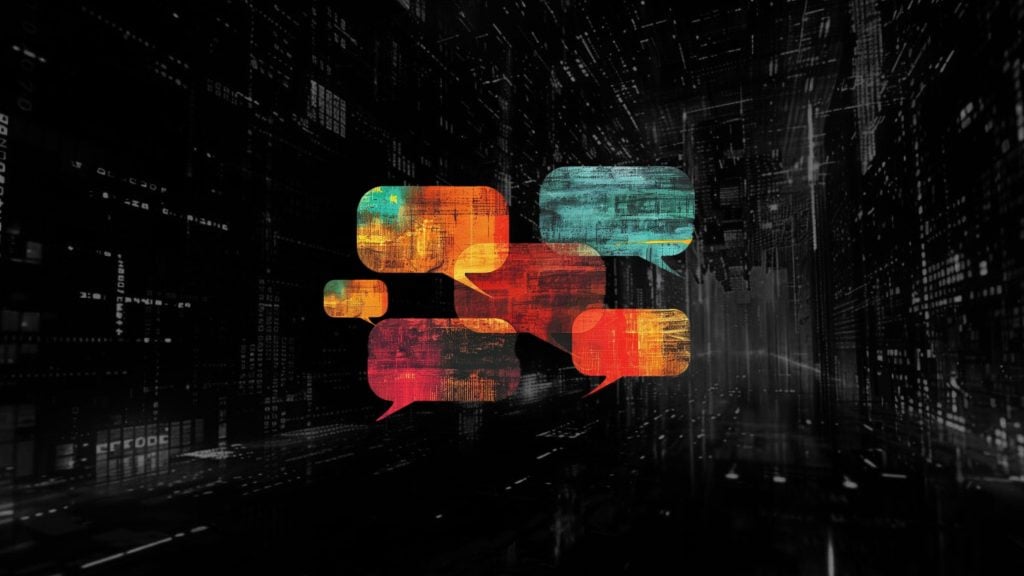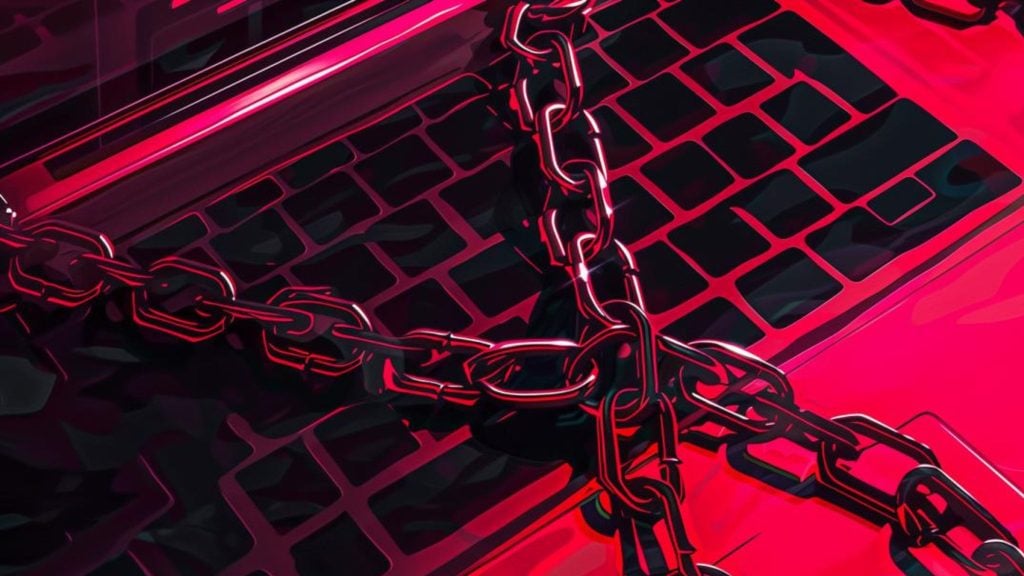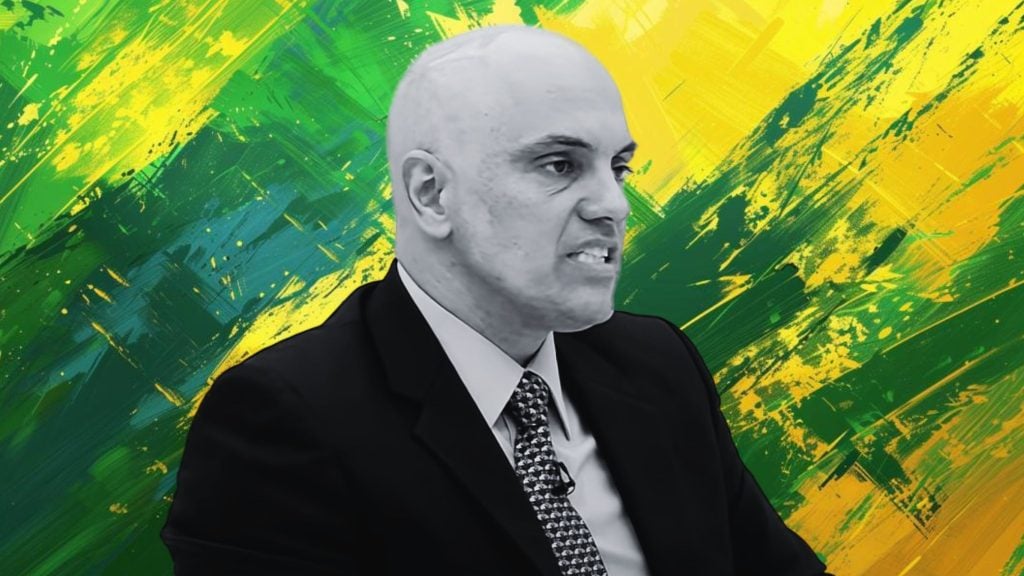The Sri Lankan Government has lifted the nine-day ban imposed social media sites Facebook, YouTube and more following the bombings in the country that took place during Easter. The country’s government stated that they banned social media sites to prevent the spreading of fake news and misinformation post the bombings. In the series of attacks on April 21st, more than 250 people were estimated to be killed and ISIS claimed the responsibility for the attacks.
The social media ban sparked a debate about the role, access and scope of social media sites during emergencies. While the government primarily aimed at curbing any unrest or panic from the spread of misinformation, there hasn’t been any obvious incident or evidence to support the effectiveness of the ban. Also, the ban was imposed even before any incident of social-media-inspired violence was evident.
Though there was a ban on social media sites, few users could still access these sites by using a VPN. After lifting the ban, the government cautioned its citizens and asked them to use social media sites responsibly and to keep the prevailing situation in the country.
Colombo, the capital of Sri Lanka had been on lockdown for several days after the attacks. Army personnel is deployed everywhere and nightly curfews are enforced. Now that nine days have passed since the attack took place, normal life is slowly starting to return in Sri Lanka. The security forces said that they would be continuing their combing operation and house-to-house search for people linked to the attacks on churches and hotels.
The Sri Lankan Government had shut down Facebook and WhatsApp last year for over a week as a measure for controlling mob violence. This clearly indicates that the Sri Lankan Government has a sense of mistrust in social media sites and is banning them every time a crisis situation arises. Countries such as Democratic Republic of Congo, Iran and Turkey have also banned social media sites in the past to curb unrest. It still remains unclear whether restricting online speech helps in stopping extremists or the spreading of misinformation.
If you're tired of censorship and dystopian threats against civil liberties, subscribe to Reclaim The Net.









